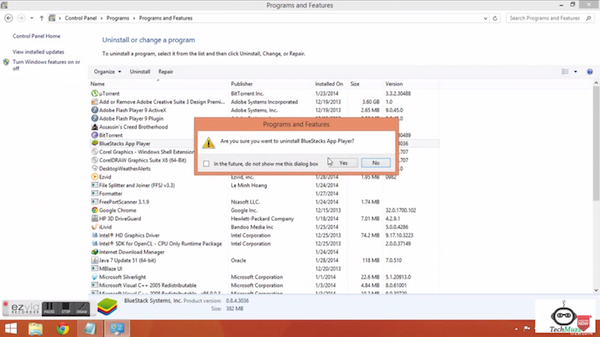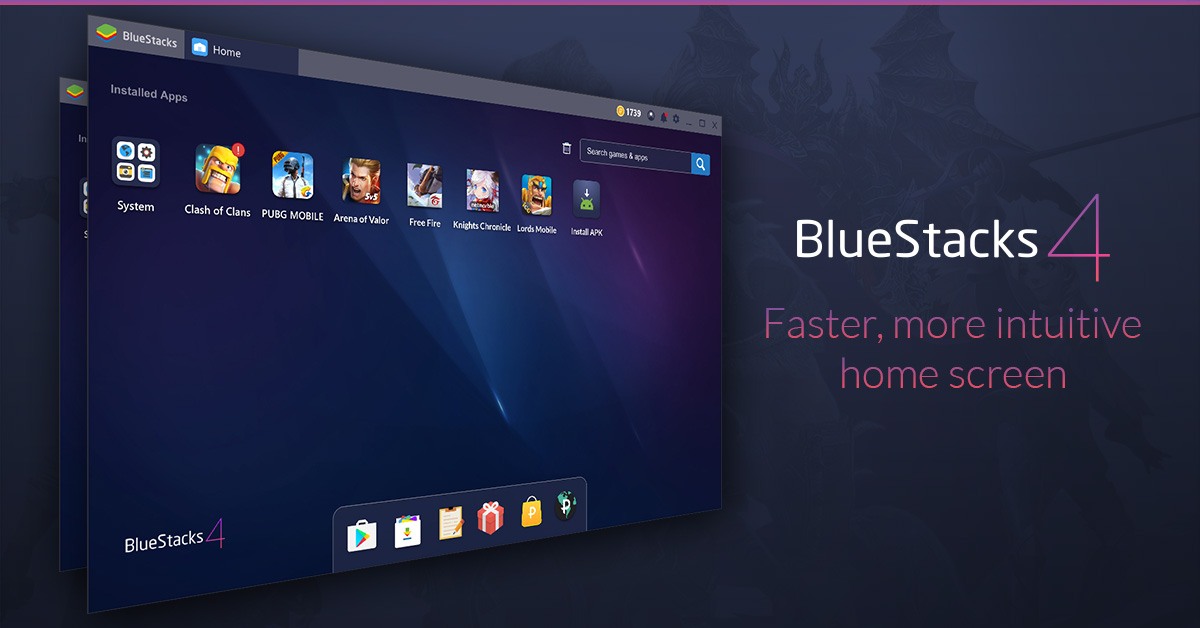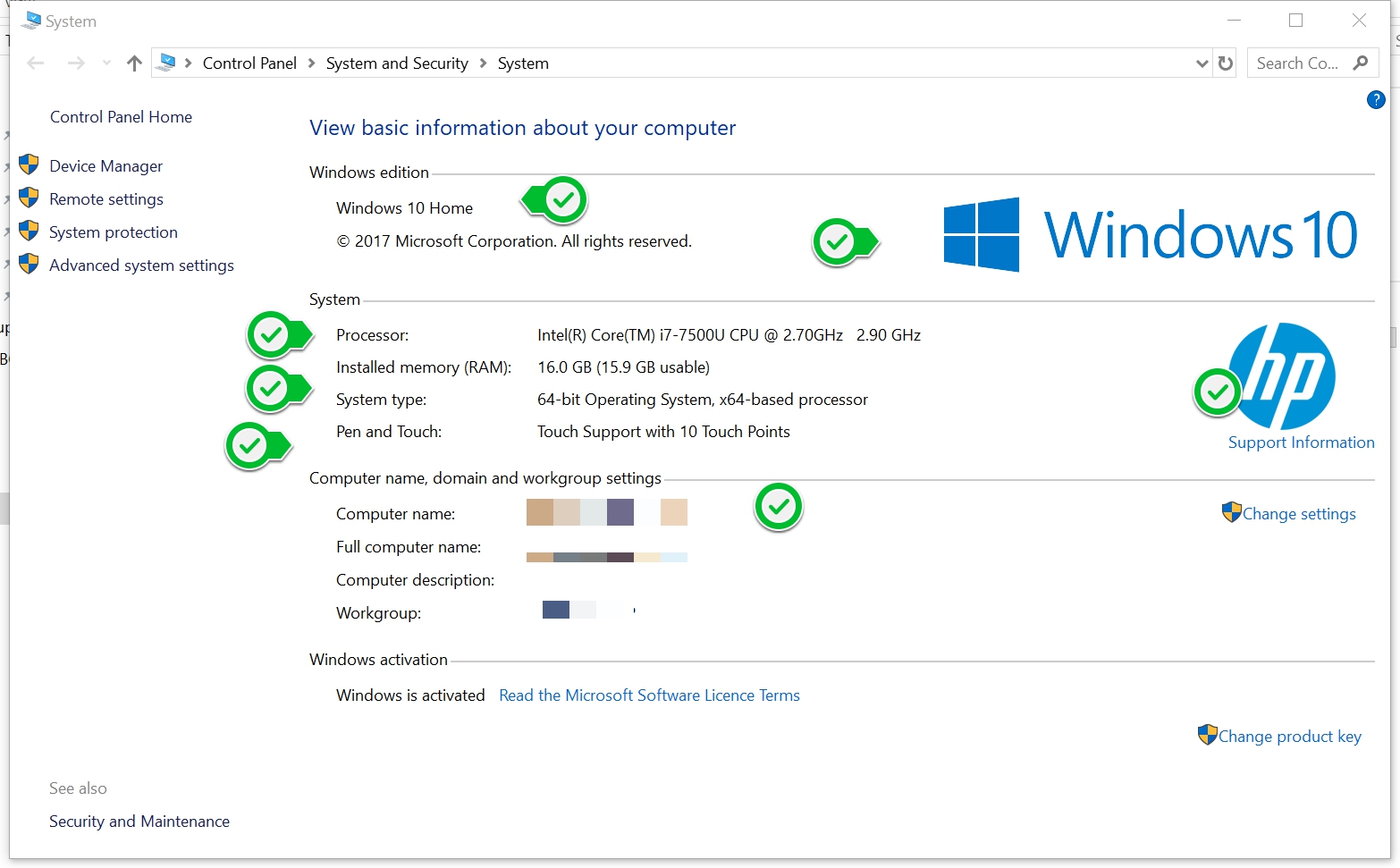

Also, if your computer slows down every time you are processing large files, or it freezes while performing several actions at once, you might need to add extra RAM.

If your computer was been running at normal speeds before the installation of certain programs, and has since slowed down, you might need to add more RAM on your computer system. The programs installed on your computer usually have specified RAM requirements. Hardware can be just as guilty as software for slowing down a PC, although more often than not software is blamed.

If you don't, this can cause a major slowing down of your computer while it is booting up or processing tasks. You should have enough RAM memory to process all the tasks at hand.

This memory is in use when tasks are being executed by different programs. RAM stands for Random Access Memory and is used as temporary storage memory by your computer. How to know if your computer has enough RAM? Finally, you can look into upgrading your computer's RAM. You can also try checking for viruses on your computer and getting rid of any that you find. What to do when your computer is running slowly?ĭeleting temporary files, defragmenting the disk space, and updating your operating system are some of the ways you can increase the speed of your PC. Finally, a disabled Direct Memory Access could cause a computer to run more slowly that usual. A PC that is infected with a virus or does not have enough hard disk space for the files on it are other causes. Not having enough RAM is a major cause of computer slowness, followed closely by the buildup of temporary files on your hard disk.


 0 kommentar(er)
0 kommentar(er)
